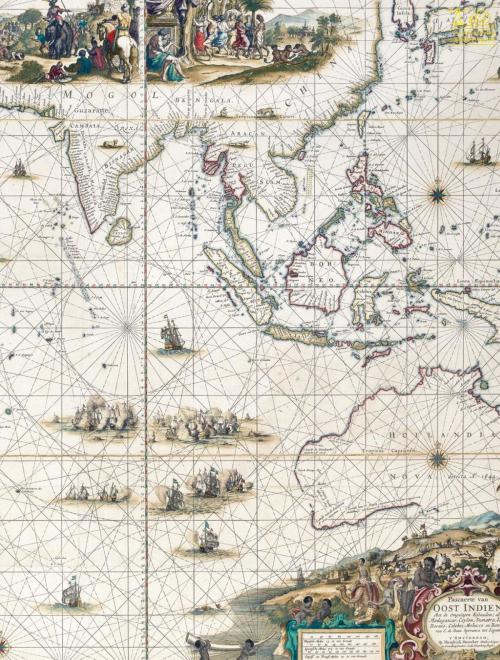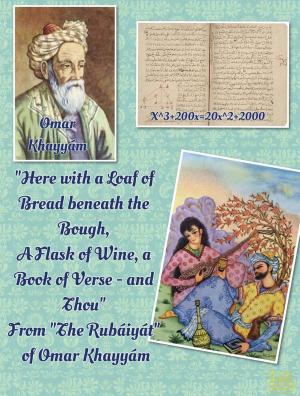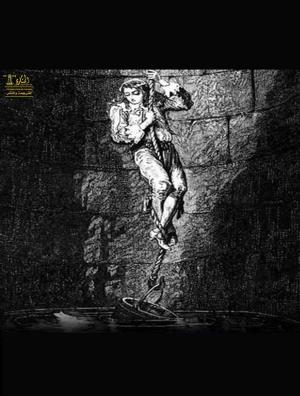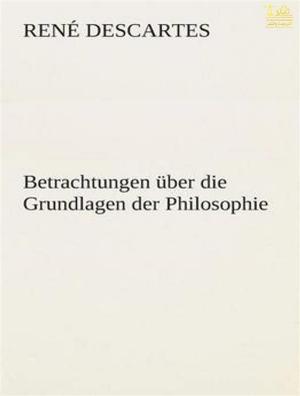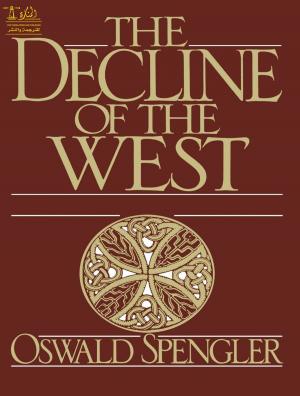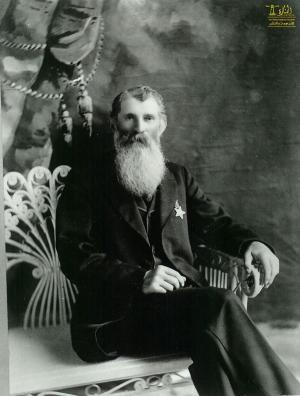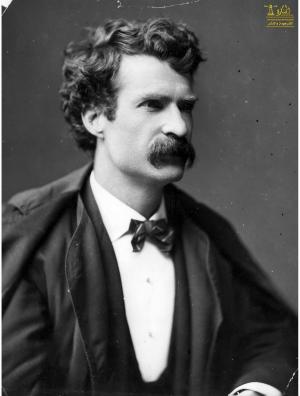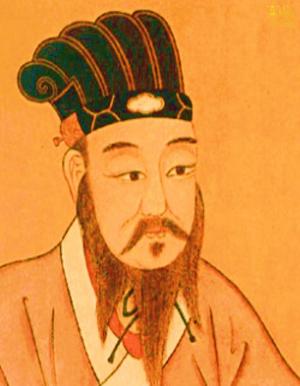The War in the East Japan, China, and Corea
Nonfiction, History, Military, Social & Cultural Studies, Political Science| Author: | Trumbull White | ISBN: | 9780599543263 |
| Publisher: | Lighthouse Books for Translation Publishing | Publication: | June 2, 2019 |
| Imprint: | Lighthouse Books for Translation and Publishing | Language: | English |
| Author: | Trumbull White |
| ISBN: | 9780599543263 |
| Publisher: | Lighthouse Books for Translation Publishing |
| Publication: | June 2, 2019 |
| Imprint: | Lighthouse Books for Translation and Publishing |
| Language: | English |
Some striking act in a man’s career is necessary to attract general attention to him. The one who moves along through his path in life doing nothing out of the ordinary, will win few glances from the public, and little will the world notice his existence. Worthy of the worthiest he may be, but if he does nothing to demonstrate it, how shall the world know his merit or his strength? But with all this true, it does not follow that it is man’s duty to seek an occasion to advertise these qualities. Only when the necessity for action arises, then should he act, and then will the world know what his ability and character are.
The same is true as to the nations of the earth. Those years during which they move onward in their national life and history in peace and quietness, however full of latent strength they may be, are not the ones which command the attention of the eyes of the world. It is the year of supreme test, of struggle, moral or physical, that furnishes crucial testimony what the nation really is. War is always a curse unless it be waged to advance justice and assure more worthy peace. But if such a war be necessary, the progress of it, the results, and the lessons they teach are essential to the student of humanity, in whatever quarter of the globe the battles are.
China, Japan and Corea are a strange trinity to most of us in the western world. Separated from us by long distances and by immense differences in race, in language, in religion, and in customs, they have been known here only through the writings of the comparatively few travelers who exchange visits. Of late years, it is true, the hermitages of the Orient have been opening to freer intercourse, trade and treaties have multiplied, and students have come to us for the knowledge we could give them. But there was needed a great movement of some sort to awaken the Orient from its centuries of slumber, and to make known to us the truth of eastern affairs. Nothing could do this as the War in the East has done. We can study its conduct and its results if 6we will, in a way to teach us more of the characteristics of the three nations than we could learn in any other way.
It has been the object of the author in the present volume, to record the facts of the war and its preliminaries so clearly that every seeker for knowledge might trace the lessons for himself. To justify this effort, it is necessary to say no more than that the conflict involves directly nations whose total population includes more than one-fourth of the human race. And the results will affect the progress of civilization in those countries, as well as the commercial and other interests of all the European and American nations.
Invertebrate China, with scorn of western methods, and complacent rest in the belief that all but her own people are barbarians, had to face an inevitable war with Japan, the sprightly, absorbent, adaptive, western-spirited, whose career in the two score years since her doors were opened to the call of the American Perry has been the marvel of those who knew it. And the conflict was to be on the soil of the Hermit Nation, Corea, “the Land of Morning Calm,” for centuries the land of contention between “the Day’s Beginning” and “the Middle Kingdom.”
Some striking act in a man’s career is necessary to attract general attention to him. The one who moves along through his path in life doing nothing out of the ordinary, will win few glances from the public, and little will the world notice his existence. Worthy of the worthiest he may be, but if he does nothing to demonstrate it, how shall the world know his merit or his strength? But with all this true, it does not follow that it is man’s duty to seek an occasion to advertise these qualities. Only when the necessity for action arises, then should he act, and then will the world know what his ability and character are.
The same is true as to the nations of the earth. Those years during which they move onward in their national life and history in peace and quietness, however full of latent strength they may be, are not the ones which command the attention of the eyes of the world. It is the year of supreme test, of struggle, moral or physical, that furnishes crucial testimony what the nation really is. War is always a curse unless it be waged to advance justice and assure more worthy peace. But if such a war be necessary, the progress of it, the results, and the lessons they teach are essential to the student of humanity, in whatever quarter of the globe the battles are.
China, Japan and Corea are a strange trinity to most of us in the western world. Separated from us by long distances and by immense differences in race, in language, in religion, and in customs, they have been known here only through the writings of the comparatively few travelers who exchange visits. Of late years, it is true, the hermitages of the Orient have been opening to freer intercourse, trade and treaties have multiplied, and students have come to us for the knowledge we could give them. But there was needed a great movement of some sort to awaken the Orient from its centuries of slumber, and to make known to us the truth of eastern affairs. Nothing could do this as the War in the East has done. We can study its conduct and its results if 6we will, in a way to teach us more of the characteristics of the three nations than we could learn in any other way.
It has been the object of the author in the present volume, to record the facts of the war and its preliminaries so clearly that every seeker for knowledge might trace the lessons for himself. To justify this effort, it is necessary to say no more than that the conflict involves directly nations whose total population includes more than one-fourth of the human race. And the results will affect the progress of civilization in those countries, as well as the commercial and other interests of all the European and American nations.
Invertebrate China, with scorn of western methods, and complacent rest in the belief that all but her own people are barbarians, had to face an inevitable war with Japan, the sprightly, absorbent, adaptive, western-spirited, whose career in the two score years since her doors were opened to the call of the American Perry has been the marvel of those who knew it. And the conflict was to be on the soil of the Hermit Nation, Corea, “the Land of Morning Calm,” for centuries the land of contention between “the Day’s Beginning” and “the Middle Kingdom.”
